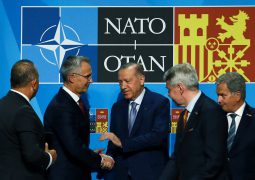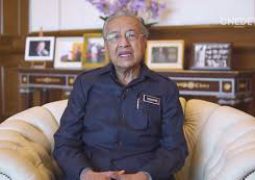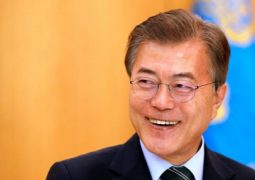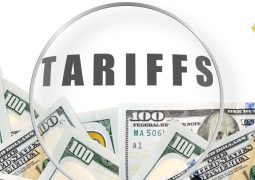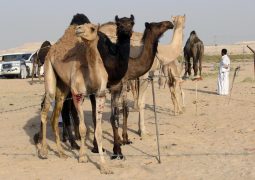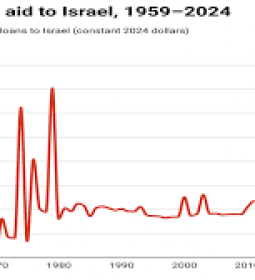Words Count: Chinese State of the Nation Speech All About the ‘Party’
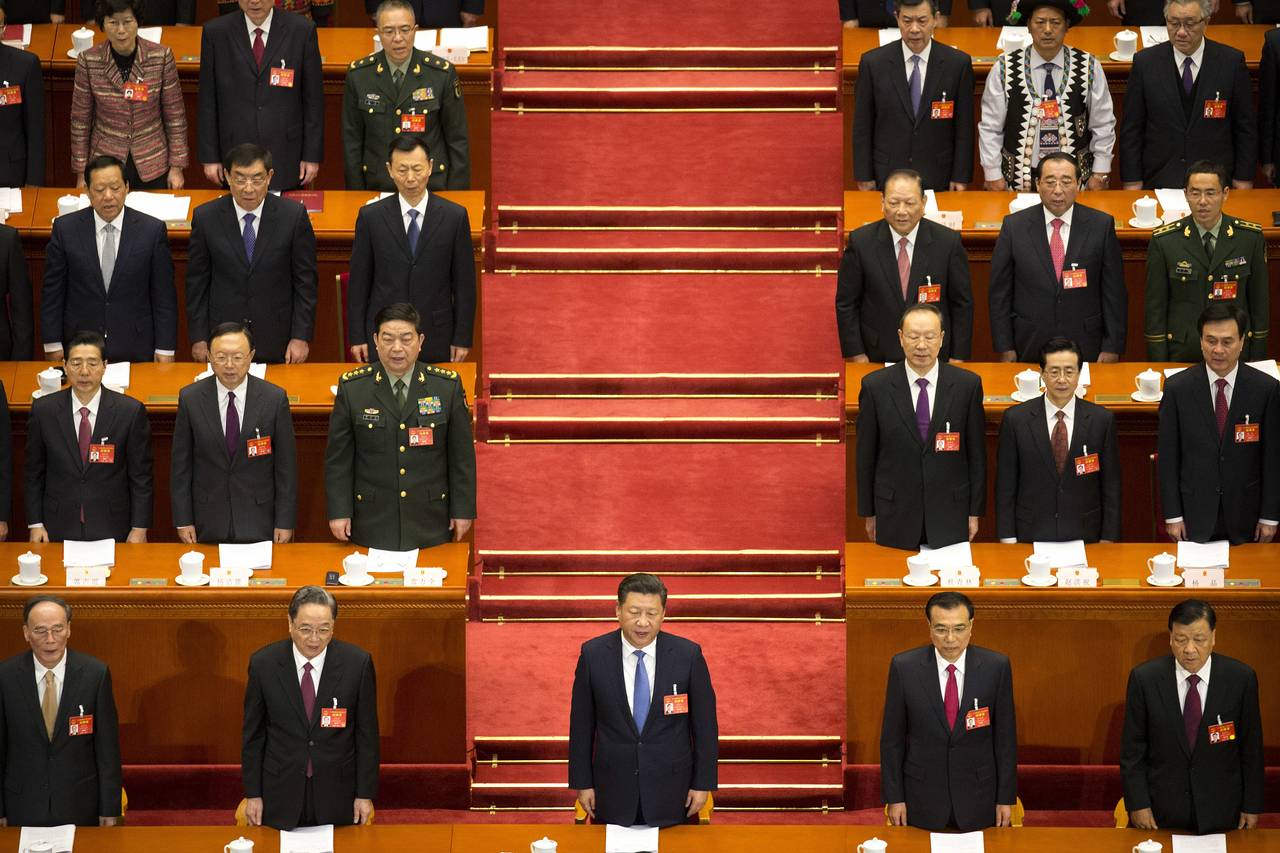
The Chinese government’s annual policy blueprint runs more than 18,000 Chinese characters. Only a fraction of them are necessary to grasp this year’s theme: a dramatic emphasis on the Communist Party, in particular its leader.
China’s Premier Li Keqiang, as usual, delivered the government’s work report on Sunday in a nearly 100-minute speech to the legislature. Unusually, the document’s normal heavy doses of economic policy prescriptions came leavened with numerous mentions of the party and President Xi Jinping.
A China Real Time word search found 30 references to the “party” — more than in any year since the launch of reforms under Deng Xiaoping in 1979. Mr. Xi, who is also the party’s leader, was name-checked eight times, more than any serving leader since Mao Zedong racked up 17 work-report mentions in 1975.
The more overtly political nature of this year’s work report seems a given. The Communist Party faces a major leadership shuffle this fall, and Mr. Xi has been engaged in political maneuvering to ensure that his allies rise to positions of power while also trying to stifle internal opposition to him and his policies.
To party members, and perhaps politically minded Chinese, the pickup in mentions of Mr. Xi serves as a pointed signal. “It’s telegraphing to the rank-and-file and officialdom at lower levels that resistance may feel good but it’s also pretty futile,” said Russell Leigh Moses, a China-based political analyst.
Part of that message, Mr. Moses said, is that Mr. Xi is keen to continue his campaign to impose strict discipline and enforce ideological piety in more corners of the party before the fall conclave arrives.
The annual government work report is a combination state-of-the-nation and policy document. Mentions of Mr. Xi and the party in the report rose steadily since he was named president in 2013 before climbing steeply this year, a comparison with previous year’s reports shows.
This year’s report also contains 11 mentions of the word “core,” most of them in reference to Mr. Xi’s latest accolade: His designation last year as the core of the party leadership. The term was used in the past to describe Mao and two of his successors, but not Mr. Xi’s immediate predecessor.

Still, it’s highly unusual in the post-Mao reform era for the party or its serving leader to be mentioned more than a few times in a government work report. Jiang Zemin, the last “core” leader before Mr. Xi, topped out at four mentions in 1994. Deng Xiaoping, the revolutionary who launched China’s economic reforms after Mao’s death but eschewed any cult of personality, received 11 mentions in the 1997 report, delivered two weeks after he died.
In the early years of Deng’s rule, there were earnest debates in Beijing about introducing greater separation between the party and the government, noted Jude Blanchette, a Beijing-based researcher who is writing a book on Mao Zedong’s legacy.
“This shows that split won’t ever happen, liberal dreams be damned,” Mr. Blanchette said of the shifting language.
As certain words proliferate in the work report, several once-important issues now appear to be fading. Mentions of “rule of law,” “security,” “innovation” and “entrepreneurship” all fell this year after reaching highs the previous year. Use of “economy” plummeted to 64 after hovering at 80 or so in the previous three years of Mr. Xi’s administration (and in the 90s under Mr. Xi’s predecessor, Hu Jintao).

Certain issues continued to gain word-count traction. “Pollution,” an enduring source of public anger, notched 13 mentions this year, up from nine in 2016.
Use of the words “global” and “globalization” also jumped, to 12 from four last year. The Chinese leadership, and Mr. Xi in particular, have been trying to portray China as a bulwark for international institutions and multilateral trade against U.S. President Donald Trump’s “America first” program.
“Economic globalization is in the fundamental interests of all countries,” the report said. “China will not shift in its commitment to promoting global economic cooperation.”
- Previous Israeli Cabinet Makes Move to Decriminalize Recreational Marijuana Use
- Next Ringgit opens lower against US dollar



